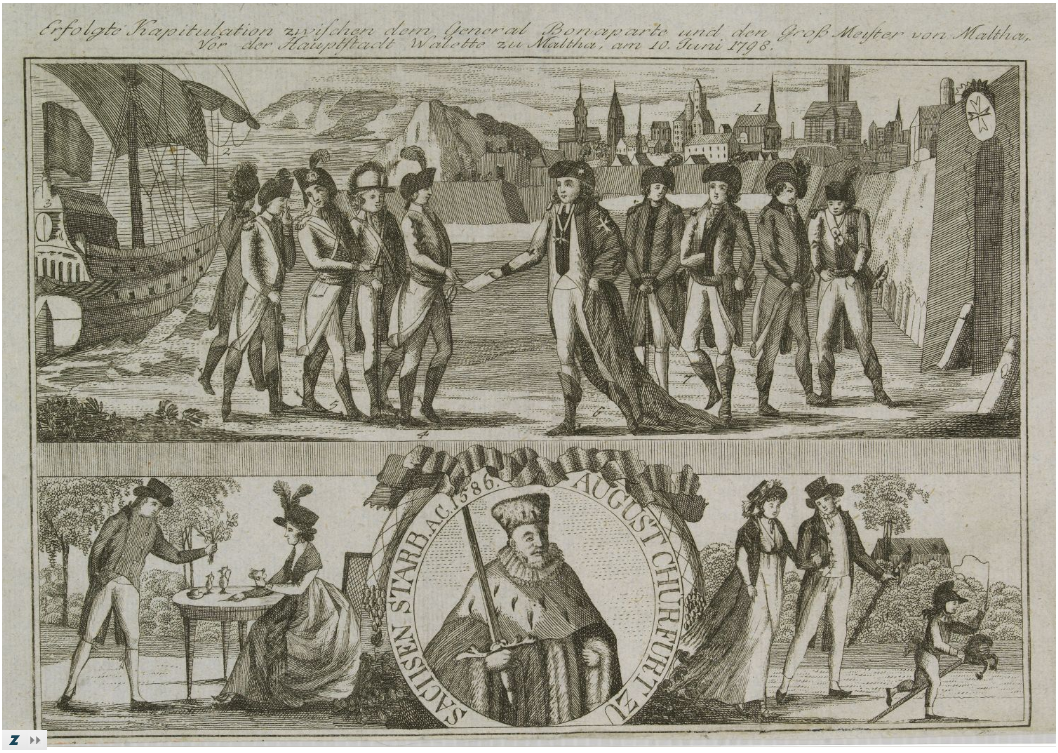Partito Anti-Riformista is set up
It was Fortunato Mizzi who in the 1880s set up the Partito Anti-Riformista, with the intention of putting a stop to the changes proposed by Keenan and Savona in 1878. Mizzi and his followers claimed that these propositions were passed so as to safeguard the interests of the British Government in Malta. Most of the support for this party came from the upper-class, the clergy, pro-Italians and most landowners and professionals for example doctors and lawyers.
 |
| Fortunato Mizzi |





%2C_by_Henry_William_Pickersgill.jpg/640px-Rear-Admiral_Alexander_John_Ball_(1757-1809)%2C_by_Henry_William_Pickersgill.jpg)
